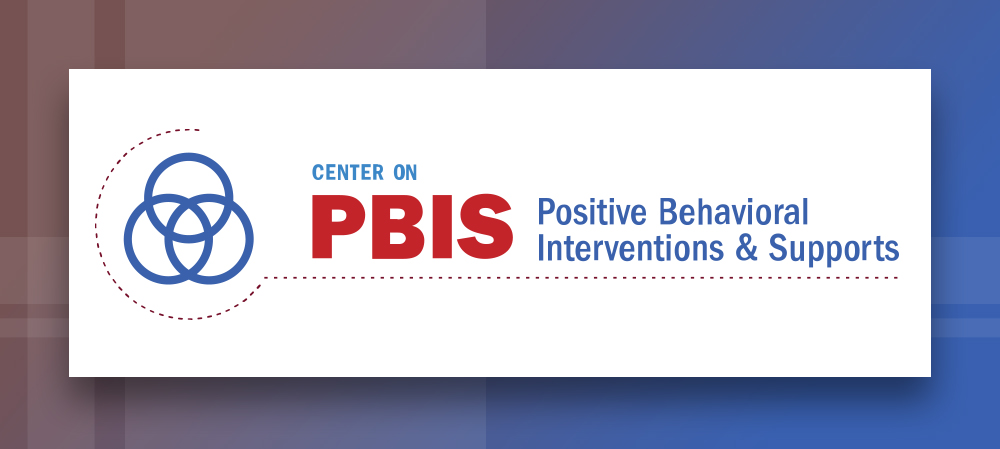For more than 15 years, the OCDE Positive Behavioral Interventions and Supports team has been working with local districts to create school environments that are positive, predictable, safe and equitable. Offering multi-tiered interventions and incentives for making positive choices, PBIS has helped to minimize the number of behavior-related issues in schools across the county, which in turn has made classroom instruction – even online – more effective, thus improving outcomes for all students.
What’s unique about PBIS is that it is not a curriculum, intervention or practice, but instead it’s a collaboration between OCDE, school districts, staff, students and families to design behavioral support systems unique to individual school sites. Developed as a framework to teach positive social and cognitive behaviors, PBIS provides strategies for students to engage in the classroom, even virtually, by setting behavioral expectations, acknowledgement systems, and clear consequences.
So it’s no surprise that PBIS has become an invaluable resource during the pandemic.
Dr. Ginny Joseph, PBIS Coordinator for OCDE, says that as students and staff return to school, whether in a physical building or through remote learning, attention to school climate is needed now more than ever.

“While the pandemic continues to create uncertainty in the daily lives of students, educators and families, I believe that schools with PBIS systems firmly in place are uniquely positioned to create the consistent and familiar environments we all need right now,” said Joseph.
Joseph explains that schools with strong PBIS frameworks in place have been able to seamlessly shift to virtual and hybrid iterations of PBIS practices. She says that by maintaining what works well, such as teaching routines, using common language, engaging in high levels of positive feedback to build and maintain relationships, and using data to identify areas of need, PBIS schools continue to contribute to positive learning environments.
“Schools are leveraging PBIS systems to support social-emotional and mental health as well as embed culturally responsive practices to build equitable environments; these are the most critical elements to pay attention to right now during this time of crisis,” said Joseph.
Recognizing the need to encourage all schools to focus on building prosocial skills, the OCDE PBIS team immediately shifted the delivery method for training when stay-at-home orders were issued earlier this year. The team continues to implement school site PBIS trainings by delivering professional learning in synchronous and asynchronous content.
Additionally, they’ve partnered with other county offices and the California technical assistance centers to provide free webinars hosted by the California PBIS Coalition (CPC). For the 2020-2021 school year, the team is offering virtual “Boutique Training” for schools interested in aligning Tier 1 PBIS for hybrid and online learning as well as how to integrate Mental Health and Cultural Responsiveness with PBIS.
OCDE also plays an active role in celebrating the exemplary PBIS programs being implemented from schools across the county. Annually CPC provides an opportunity for schools to apply for recognition based on PBIS implementation and student outcomes. Due to the pandemic, the CPC created a special Community Cares 2020 award to honor California schools and businesses that have engaged in extraordinary ways to keep students connected and supported even while physically distanced. Over 150 Orange County schools and community partners received awards and will be celebrated during a virtual event on Oct. 28.
To learn more about PBIS, and upcoming PBIS trainings, please visit the OCDE PBIS website or contact Dr. Ginny Joseph at vjoseph@ocde.us.
